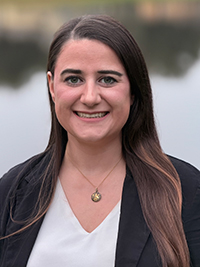
Mayo Clinic
Leveraging Metabolic Changes in PanIN Lesions for Early Detection of Pancreatic Cancer
Overview
Aim: Early Diagnosis & Detection
Nearly half of pancreatic cancer patients are diagnosed only after the disease has spread beyond the pancreas, leading to grim survival rates. In contrast, patients with tumors that are still localized to the pancreas have a significantly higher survival rate of 44%. This stark difference underscores the urgent need for earlier detection of pancreatic cancer to improve survival outcomes. To address this, we propose focusing on the earliest stage at which pancreatic cells are classified as cancerous. In the progression model, abnormal cells can form low-grade lesions that are not yet cancerous and may never progress. However, once these lesions advance to high-grade lesions, the cells are considered cancerous. Therefore, our goal is to target this initial cancerous stage of high-grade lesions.
Comparing non-cancerous low-grade lesions to cancerous high-grade lesions, we will evaluate differences in how the cells use energy and detect these differences in patient blood. Using a microscope with a laser to cut out each lesion type from patient tissue samples, we were able to identify differences in gene expression. In our first aim, we will use that data to discover changes in how cells of each lesion type generate and use energy (i.e. metabolic pathways) and verify these differences by staining patient tissue samples. In our second aim, we will use the differences in lesion types to predict and detect metabolites in patient blood. Therefore, we will identify and validate biomarkers in patient blood for high-grade lesions, which are the earliest cancerous lesions. Our study will provide the foundation for developing a blood-based early detection test for patients at high risk of developing pancreatic cancer.